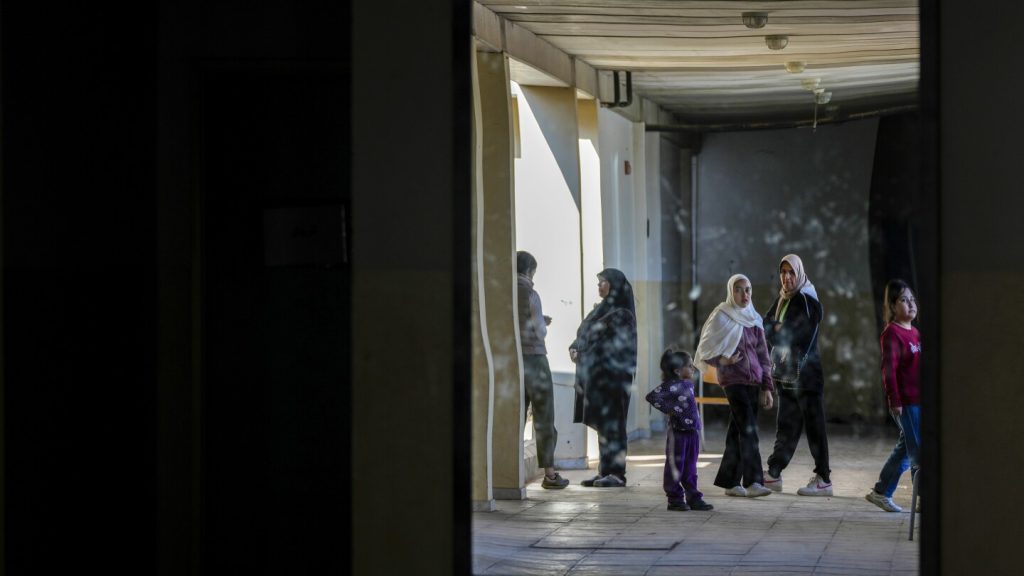Rocket barrages from Lebanon into northern Israel on Thursday resulted in the deaths of four foreign workers and three Israelis, marking the deadliest cross-border strikes in Israel since the country invaded Lebanon. Israeli airstrikes targeted Hezbollah militants across Lebanon, with health authorities reporting 24 people killed in the strikes. Diplomats from the United States were in the region seeking cease-fires in both Lebanon and Gaza as the Biden administration nears the end of its term, with pressure building ahead of the upcoming US election.
In response to the rocket attacks, the Israeli military launched airstrikes targeting Hezbollah militants across Lebanon. The strikes included attacks on a hospital in northern Gaza, destroying much-needed medical supplies and injuring multiple medics. The hospital director condemned the attacks, urging the international community to protect medical facilities in Gaza. The Israeli military did not comment on the strike on the hospital, which was previously accused of harboring Hamas militants.
Agricultural areas near the border with Lebanon have become closed military zones, with residents evacuated and only security officials and agricultural workers remaining. The rocket attacks in Israel resulted in the deaths of four Thai workers and an Israeli farmer, as well as injuries to other workers. Both Hezbollah in Lebanon and Hamas in Gaza, backed by Iran, have been engaged in ongoing conflicts with Israel, leading to retaliatory strikes and casualties on all sides.
Israeli airstrikes in Lebanon killed 24 people, with the Israeli military warning residents to evacuate before the bombings. The attacks in Lebanon have caused widespread displacement, with thousands fleeing their homes and seeking refuge in safer areas. US officials, including Senior White House aides, are in the region working to secure cease-fire agreements and assess proposals to free Israeli hostages being held in Gaza. However, progress towards peace appears challenging, particularly in Gaza where humanitarian aid access is limited.
The conflict in the region has resulted in high casualties on all sides, with thousands of people killed and injured in both Lebanon and Gaza. The ongoing violence has displaced millions of people and caused widespread destruction in affected areas. The US election looming in the background adds further complexity to the situation, with hopes for immediate progress towards a cease-fire appearing uncertain. Efforts to reach a peaceful resolution continue, but the challenges remain significant in the face of longstanding tensions and conflicts in the Middle East.


